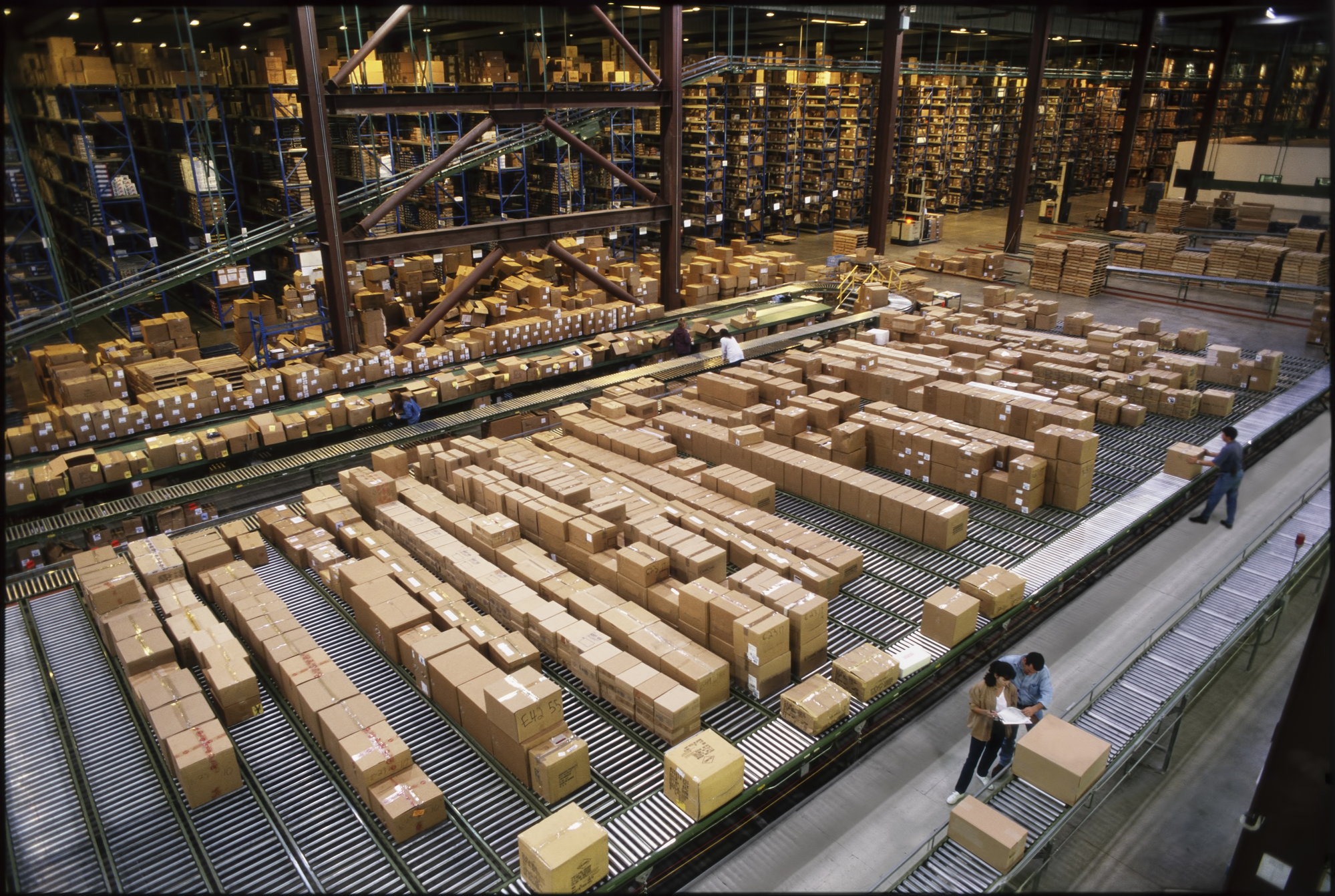Companies are betting on AI to deal with inflation and trade issues, but many are running into the same roadblocks: insufficient talent, tight budgets, and bad data. That’s the main takeaway from RELEX Solutions’ new report, State of Supply Chain 2025: Balancing Inflation, Investment & Innovation.
The report surveyed over 500 retail, CPG, and wholesale leaders across seven countries. It found that while 60% of companies prioritize AI and automation, nearly half said they lack the skills to make it work. Another 43% said budget issues are holding them back, and 39% said poor data quality is a major barrier.
Inflation is changing how companies operate. About a third of retailers are adjusting prices or optimizing operations, and 59% are expanding their private label products as shoppers look for lower-cost options. In food and beverage, 70% of companies rely more on discounts, and 40% launch value-tier items.
Earlier findings from the same report showed that 60% of companies are overhauling their supply chains, with many worried about demand swings and trade disruptions.
“Today’s supply chain leaders face a dual challenge – they must innovate through technology while adapting to economic pressures,” said Dr. Madhav Durbha, Group Vice President of Manufacturing Industry Strategy at RELEX Solutions. “The gap between AI’s potential and its practical implementation represents both the greatest risk and opportunity in supply chain transformation today.”
The top areas for tech investment include Generative AI (59%), Predictive AI (43%), and cloud-based systems (34%). Most companies are putting between 5% and 20% of their tech budgets toward AI.
“As businesses navigate economic volatility and evolving consumer behaviors, the report underscores the importance of flexible supply chain strategies that combine technology investment with operational agility,” said Durbha. “Organizations that can bridge the gap between AI’s potential and practical implementation will gain a competitive edge, while those that lag behind may struggle to keep pace.”




